Man will begin to recover the moment he takes art as seriously as physics, chemistry or money
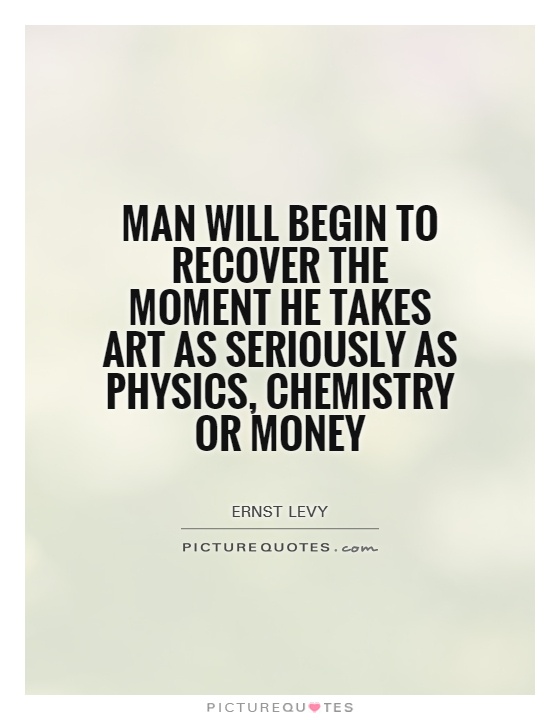
Man will begin to recover the moment he takes art as seriously as physics, chemistry or money
Ernst Levy, a Swiss-American composer, conductor, and music theorist, believed that art should be taken just as seriously as other academic disciplines such as physics, chemistry, or economics. He argued that art is not just a frivolous pastime or a form of entertainment, but a fundamental aspect of human existence that has the power to transform individuals and society as a whole.Levy believed that art has the ability to communicate complex ideas and emotions in a way that transcends language and cultural barriers. He saw music, in particular, as a universal language that can evoke powerful emotions and create a sense of unity among people from different backgrounds and experiences. By taking art seriously, Levy believed that individuals could gain a deeper understanding of themselves and the world around them, leading to personal growth and social change.
In Levy's view, art is not just a luxury for the elite or a form of escapism from the harsh realities of life. Instead, he saw art as a vital tool for self-expression, self-discovery, and self-improvement. By engaging with art in a serious and thoughtful manner, individuals can develop their creativity, critical thinking skills, and emotional intelligence. This, in turn, can lead to a more fulfilling and meaningful life.
Levy's ideas about the importance of art are particularly relevant in today's fast-paced and technology-driven world. In an era where people are constantly bombarded with information and distractions, taking the time to engage with art can provide a much-needed respite from the chaos and noise of everyday life. By immersing oneself in art, whether through music, painting, literature, or other forms of creative expression, individuals can find solace, inspiration, and a sense of connection to something greater than themselves.


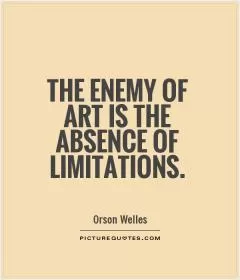

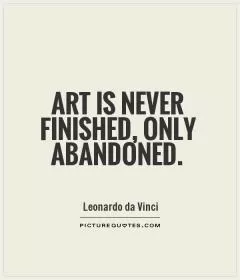
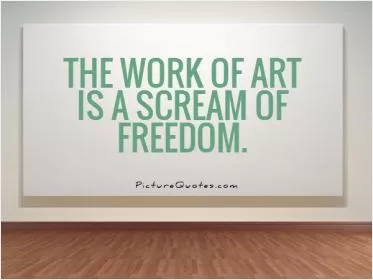

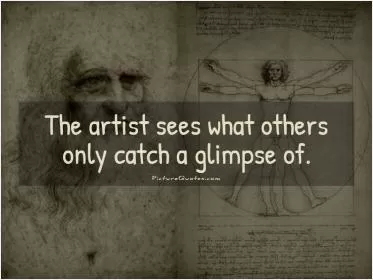
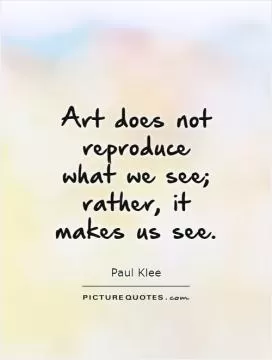
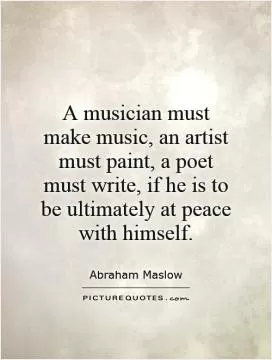


 Friendship Quotes
Friendship Quotes Love Quotes
Love Quotes Life Quotes
Life Quotes Funny Quotes
Funny Quotes Motivational Quotes
Motivational Quotes Inspirational Quotes
Inspirational Quotes